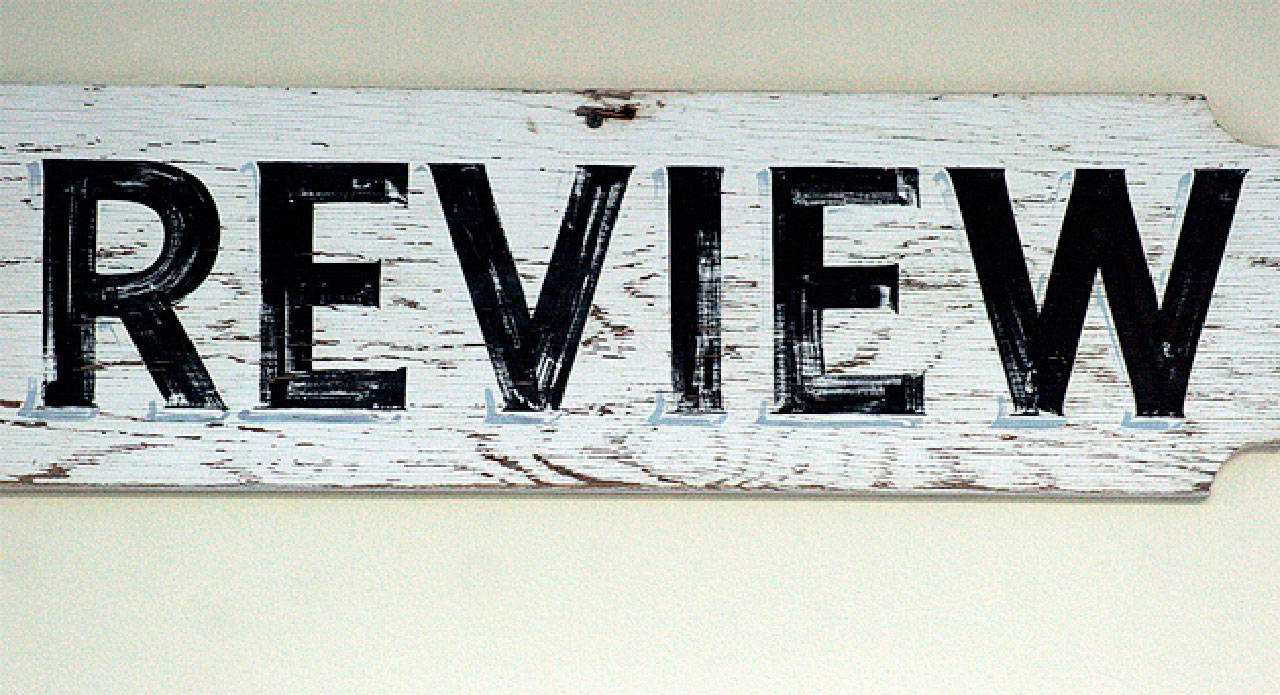My name is Audrey Weaver and I am a 2017 graduate of Bainbridge High School. I am writing to address the need for mental health education and awareness in the Bainbridge Island School District, high school and community.
Bainbridge High School is known for its rigorous academic curriculum. According to the U.S. News & World Report, it is ranked No. 247 nationally and No. 5 in the state of Washington. Its graduation rate lies at an impressive 95.2 percent. It seems apparent that students not only graduate, but graduate prepared for the academic rigor of college-level education.
But what exactly do the terms “college-ready” and “prepared” mean when a student graduates from high school? Perhaps the student has a strong work ethic and knows how to manage their time? Perhaps the student took multiple AP and honors classes and graduated at the top of their class?
While these criteria are important for future academic success, academic skills alone do not adequately prepare students for life after high school.
I am a student who has a strong work ethic. I am a student who took AP and honors classes, and I graduated near the top of my class.
I am also a student who suffers from mental illness. The intense pressure and competition I experienced at BHS, while not the cause of my mental illness, had an extremely negative impact on my mental health. Although my academic education at BHS was exceptional, the education I received about mental health and mental illness was limited to a single week of power points in my freshman year health class. I had no idea I even had a mental illness.
Other BHS students recall similar experiences. As one BHS alum says, “In my experience, grades always seemed to come before mental health. If you didn’t do well in school, mental health wasn’t even considered an option for your failures… I didn’t understand what was wrong with me.” If Bainbridge High School’s curriculum had better integrated mental health education into their curriculum, perhaps this student would have had more skills to help them through their struggles in school.
Additional students have commented on Bainbridge High’s competitive environment, which contributes to the mental health of the student milieu. One of many BHS graduates experienced “academic pressure to be perfect and obtain a 4.0,” while another mentioned that crippling expectations “caused [them] to lose motivation to even try” in their classes.
Pressure to succeed in school is inevitable, but at Bainbridge High, the high demands of challenging classes lack adequate education regarding skills to deal with such stress. As an additional alum summarizes, “It’s great that BHS has good academic records, but there’s a disconnect between what we want for our students and what they need. They need a release… they need more education about mental health issues and a constant reminder of self-care.” It is clear that these students are not alone in their experiences at BHS.
Bainbridge High has made some efforts to provide on-campus mental health services to students. Bainbridge Youth Services is located in one of the BHS buildings and its mission is “to promote the social and emotional well-being of adolescents and young adults.” BYS offers immediate and long-term help, counseling appointments, and access to multiple therapists and doctors. But although this organization is an important resource for students at Bainbridge High, it has the potential to be much more effective. If students are not even aware that they may be suffering from a mental illness, mild or extreme, they are unlikely to seek help from an organization such as BYS. If all students were presented with a more extensive education regarding mental health, there is a better chance they would actually reach out to the resources available to them. Simply providing this resource without educating students about their own mental health does not set up students or BYS for success.
Although the school has made efforts to include resources for students, there is more to be done.
Under the “Curriculum and Instruction” category of Bainbridge High’s Mission Statement, it specifies that BHS believes that “a comprehensive and diverse education produces a well-rounded individual.”
Such an education should include a curriculum that addresses mental health in every year of high school.
This type of curriculum would include designated time, multiple times a year, to educate students about the emotional well being of themselves and their peers. Perhaps BYS counselors could educate students consistently and frequently throughout the school year, not only on what services they provide, but also when students might benefit from using those services. Perhaps a few days of each semester could be dedicated to education about applicable ways to manage stress and practice self-care. The opportunities are not only endless, but would benefit the school as a whole. If students can better deal with their mental health and stress surrounding school, academic success may even improve.
The school district, high school and community have high academic standards, as they should, but those high standards require dedication to dealing with the adverse effects those standards have on students’ mental health. As one of the previously quoted BHS alumni says, “You never know what someone is going through. Mental illness is serious… We need to empower students.”
We have the opportunity to better meet the needs of our students and provide a more positive environment at BHS. Adequate mental health education is not the norm at most high schools, but BHS has always prided itself on exceeding the norm. It is time to crack the stigma around mental health and meet the mental and emotional needs of Bainbridge Island youth.



